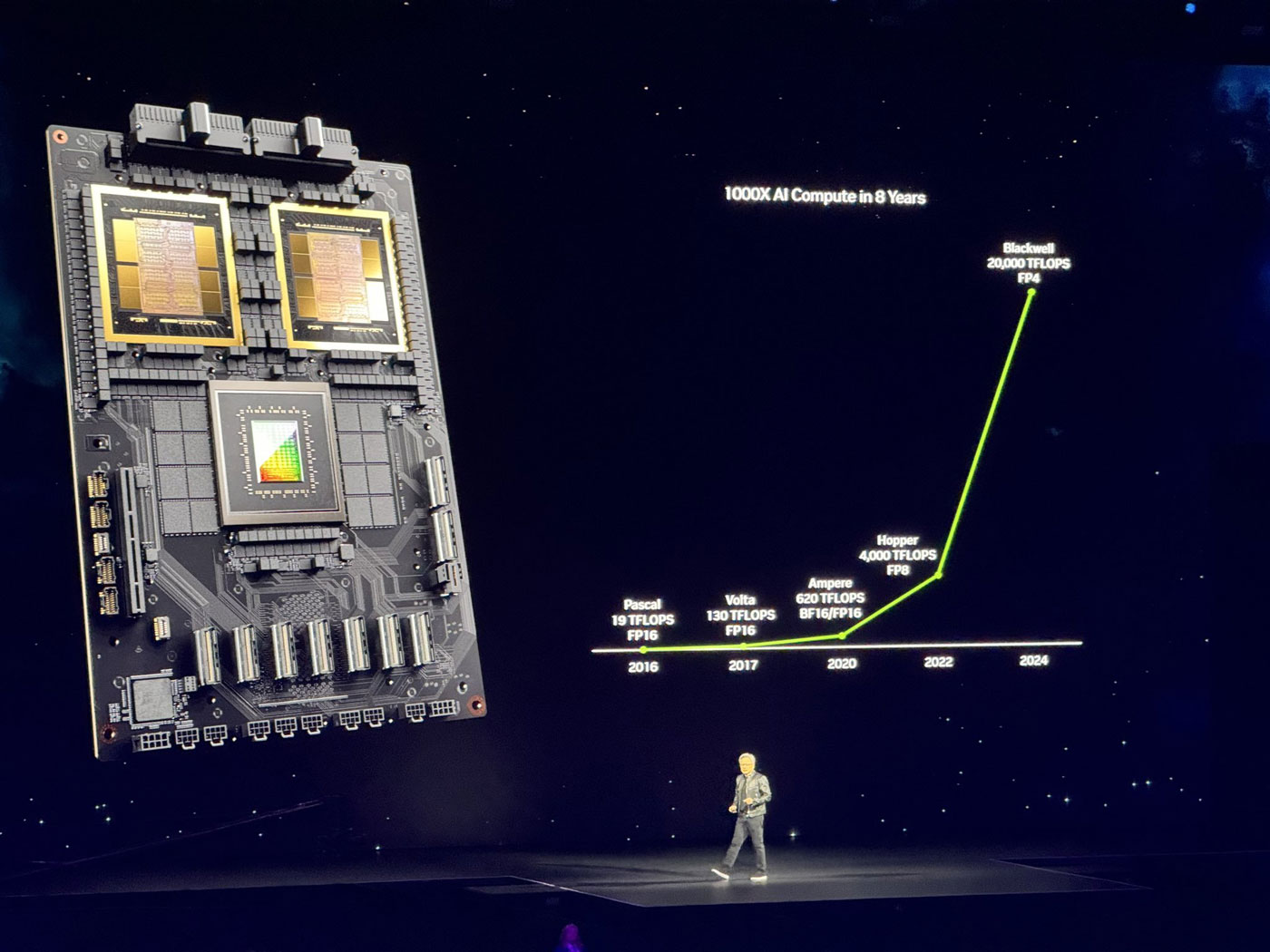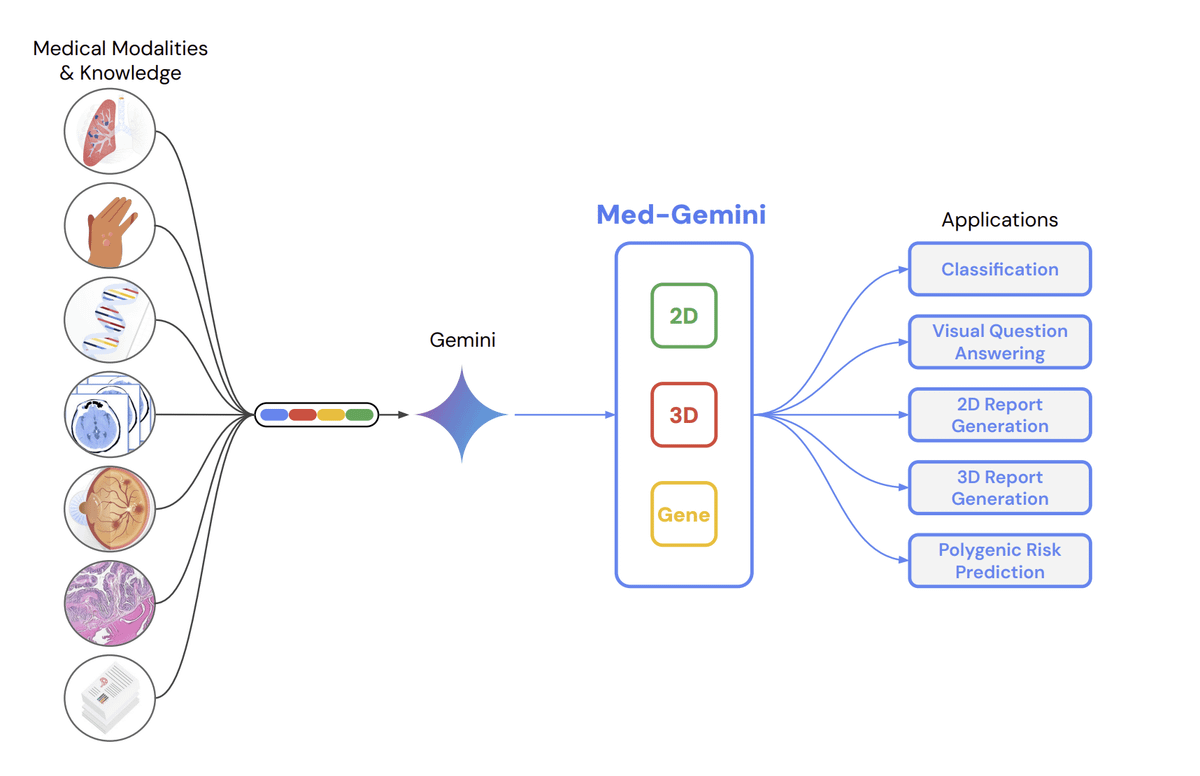Nvidia sent shockwaves through the AI community today at GTC 2024 with the reveal of their latest powerhouse, the Blackwell “AI SuperChip.” This leviathan of a chip boasts a staggering 208 billion transistors, marking a significant leap in processing power for deep learning and other AI applications.
Blackwell isn’t just about raw muscle, however. Nvidia promises the new chip delivers groundbreaking efficiency improvements, allowing it to tackle ever-more complex AI tasks without breaking the bank on power consumption. This focus on efficiency is crucial as AI models continue to balloon in size and complexity.
Specific details concerning Blackwell’s architecture and capabilities remain under wraps for now. Nvidia is likely saving the nitty-gritty for a more technical deep dive later. However, early whispers suggest the chip could be a game-changer for tasks like natural language processing, large language model development, and scientific simulations.
This announcement comes at a pivotal time for Nvidia. The company has long been a leader in the AI hardware space, but competition from rivals like Intel and AMD is heating up. Blackwell serves as a powerful statement of Nvidia’s continued commitment to pushing the boundaries of what’s possible with silicon.
Analysts are eager to get their hands on more information about Blackwell. Here are some key questions that remain unanswered:
- What specific architectural advancements does Blackwell offer? Will it utilize a novel core design or focus on optimizing existing technologies?
- How will Blackwell integrate with existing Nvidia AI frameworks like CUDA? A seamless transition will be key for developers already invested in the Nvidia ecosystem.
- What’s the target market for Blackwell? Will it be aimed at hyperscale cloud providers or accessible to a wider range of customers?
The coming weeks and months will likely see a flurry of speculation and analysis as developers and tech enthusiasts dissect the details of Blackwell. One thing’s for certain: Nvidia has thrown down the gauntlet in the AI chip race, and the future of artificial intelligence just got a whole lot more exciting.






Leave A Comment